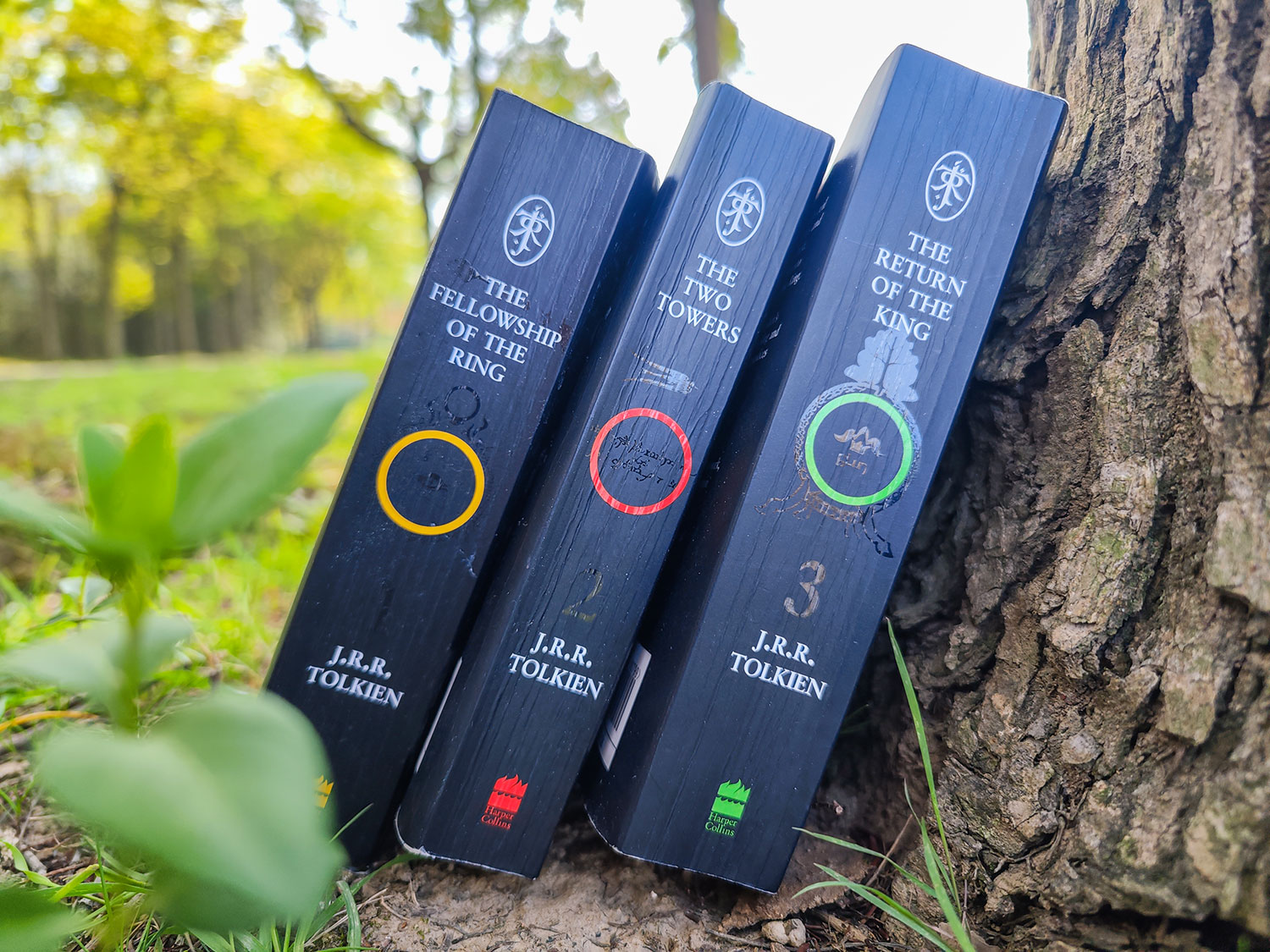Usually, when you read a genre-setting novel, it’s really cliché — such as Dune for sci-fi — because the books that followed all borrowed inspiration from its pages. And The Lord of the Rings does feel similar to other books (or games) I’ve spent time with, such as The Wheel of Time, or even World of Warcraft. That is not to blame the original (and some say Tolkien didn’t ‘invent’ the genre either, he just wrote the most famous novel of the genre), but it can take away the pleasure of reading it.
But despite this, and despite the fact that this book was published almost seven decades ago, the books feel fresh.
In ‘The Fellowship of the Ring’, we’re taken to Middle Earth, and I think about the roads and fields crossed by Frodo on my own walks in rural China. The book’s slow pace doesn’t make for a real gripping page-turner, but Tolkien’s words are a delight to read, the world created in my mind a lovely place to be, rich with stories and details that intertwine. Plus it feels monumental to finally read this book that had such a big influence.
The pace slows down in ‘The Two Towers’, but it’s hard to see this as an individual book but rather just the middle of the story. Yet this book felt hard for me to absorb anything and it lacks the vividness of book one. But Gollum and Sam both turn into very interesting characters — much more so than in the movie. The huge battles I find boring; Isengard, Helm’s Deep, or later Minas Tirith. More interesting is the battle of the mind, or the heart, fought by anyone who comes in touch with the ring.
To review the Lord of the Rings is perhaps to say whether you should read it or not. I’m not sure, because if you don’t like fantasy or merely want to try it out, 1,594 pages make for a long reading (even when you do like fantasy). But if you make it through, it makes for a remarkable journey, to places only books can take you to.
